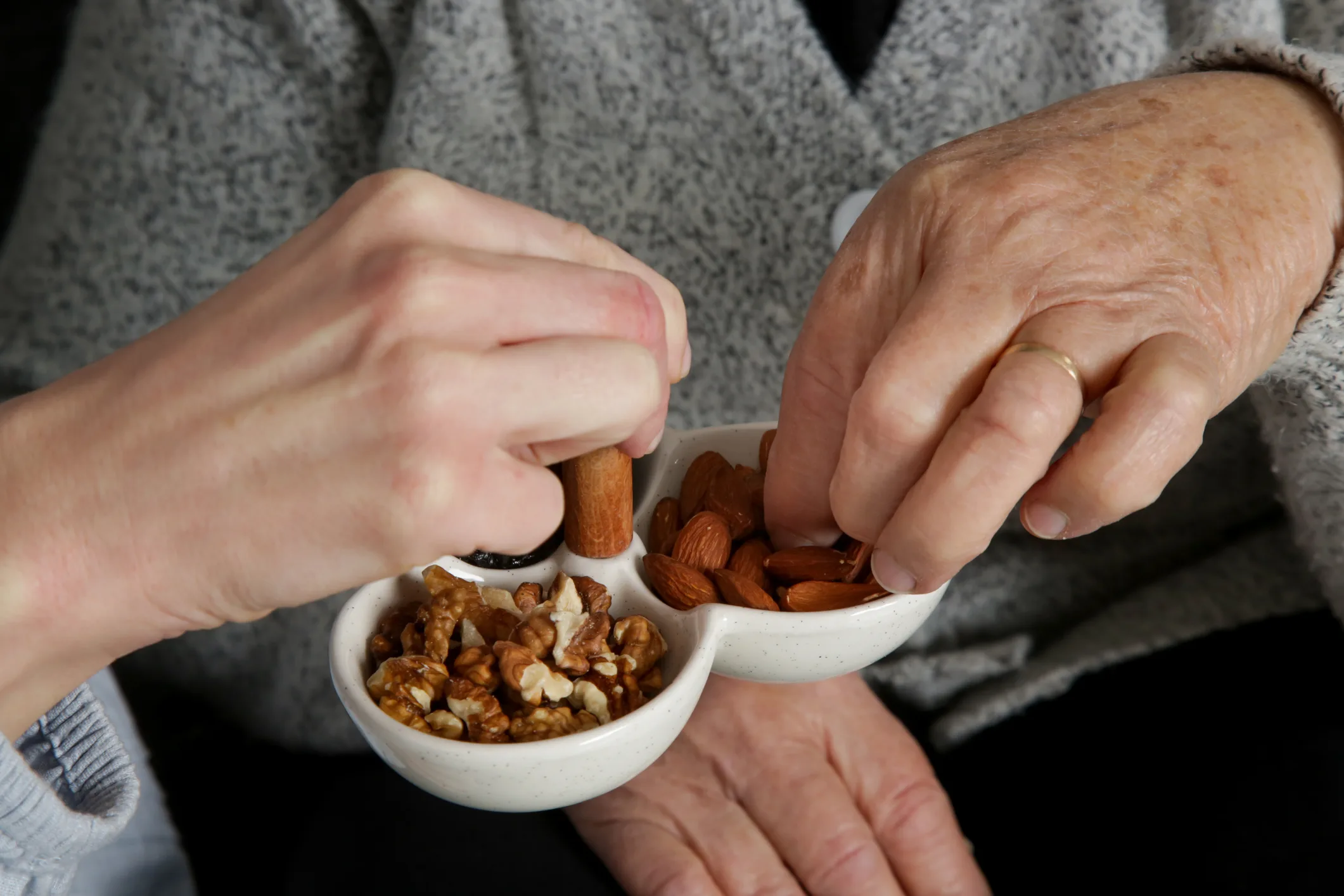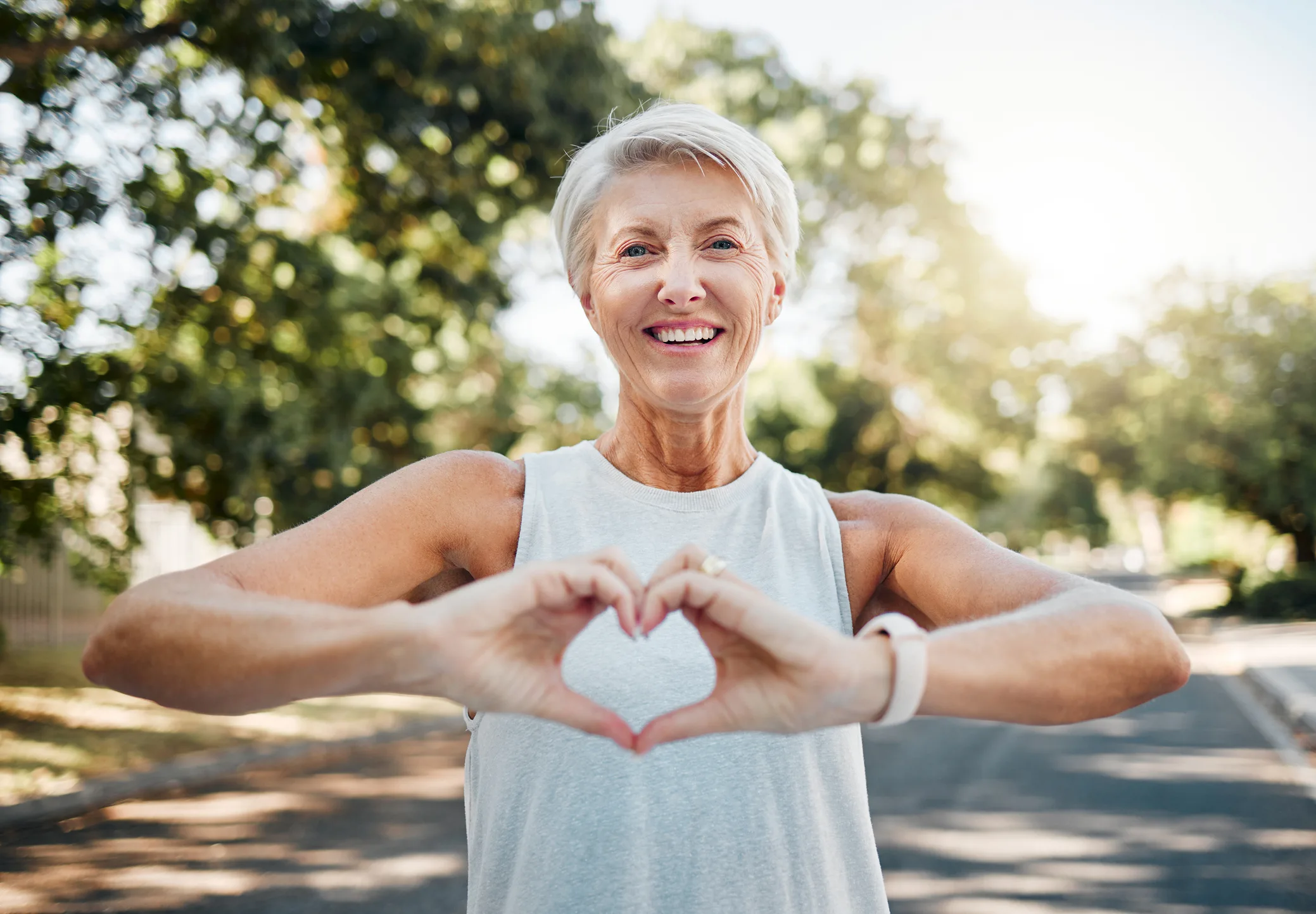You’ve likely seen the buzz on social media and in the news: creatine monohydrate, a supplement once primarily associated with athletes and gym enthusiasts, is now getting attention for potential benefits far beyond muscle gains. From possibly reducing cancer risk to even boosting brain power in individuals with Alzheimer’s, it seems everyone is talking about creatine. In fact, a staggering one million people search for creatine online every month!
This surge in interest has many wondering: could this popular supplement also play a role in managing conditions like obesity, especially for older adults? The answer, like many things in health, is a bit mixed.
Creatine, Weight Loss, and Muscle Health
Living with obesity often comes with its own set of challenges, including reduced muscle function, a slower metabolism, and difficulty with exercise — all of which can make sustained lifestyle changes feel incredibly daunting. Traditionally, creatine is known for helping with athletic performance, but could it be a therapeutic tool for fat reduction?
Some research offers a glimmer of hope. A meta-analysis (a study that combines results from multiple studies) published in Nutrients in 2023 found that adults under 50 who took creatine supplements and participated in resistance exercise saw a small but significant loss of body fat.
However, it’s important to temper expectations. While experts like Dr. Matthew Fourman, a general surgeon and medical director at pēkomd, fully endorse creatine’s benefits, he doesn’t necessarily count fat reduction among its primary strengths.
“Creatine is one of the most studied supplements on the market. It has been shown to be very safe and effective in mostly two arenas,” explains Dr. Fourman. “First, it does help with athletic performance and muscle structure and function. And then more recently, it has gained a lot of traction for its cognitive benefits, and there have been multiple studies showing that it could even be used in some cases of neurodegenerative disease.”
So, What Does This Mean for Older Adults and Obesity?
While the direct fat-loss benefits of creatine, especially for older adults with obesity, still require more definitive research, the insights from Dr. Fourman are particularly relevant. Maintaining and improving muscle strength and function is crucial as we age, especially when managing weight. Stronger muscles can lead to:
- Improved metabolism: Muscle tissue burns more calories at rest than fat tissue.
- Enhanced exercise capacity: Making it easier and more effective to engage in physical activity.
- Better mobility and balance: Supporting overall independence and quality of life.
Given that obesity is often linked to poor muscular function, creatine’s established ability to support muscle health could indirectly assist in a broader health strategy for older adults. If it helps you build or maintain muscle, it could make it easier to participate in the kind of exercise that does lead to fat loss.
And let’s not forget the intriguing possibility of cognitive benefits. As we age, maintaining brain health becomes a priority, and creatine’s potential role in neurodegenerative diseases is an exciting area of ongoing research.
Takeaway
While creatine may not be a magic pill for fat loss in older adults with obesity, its well-documented benefits for muscle strength and brain health make it a supplement worth discussing with your doctor if you’re considering adding it to your regimen. It’s about looking at the bigger picture of well-being, where improved physical function and cognitive vitality play a starring role.
Source:











